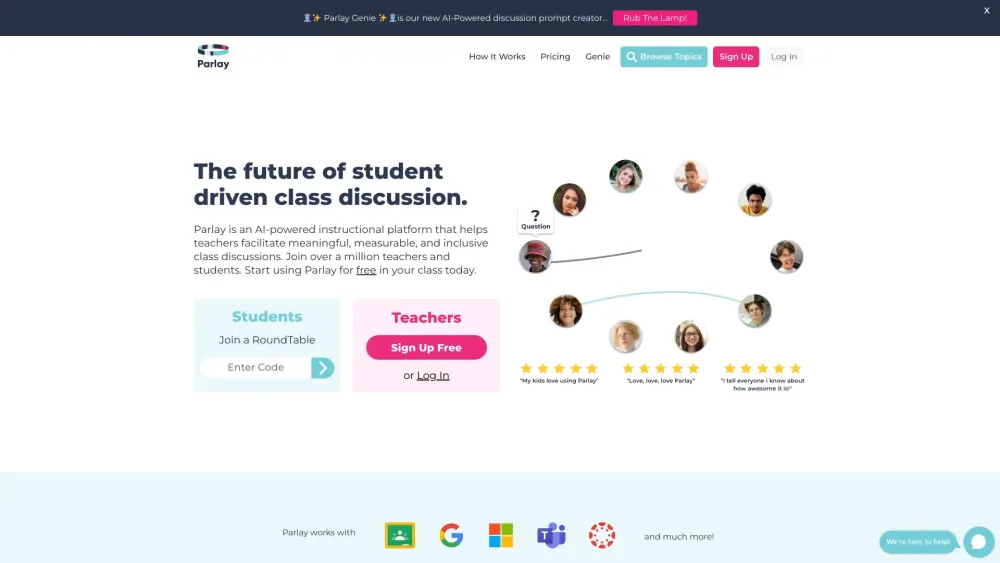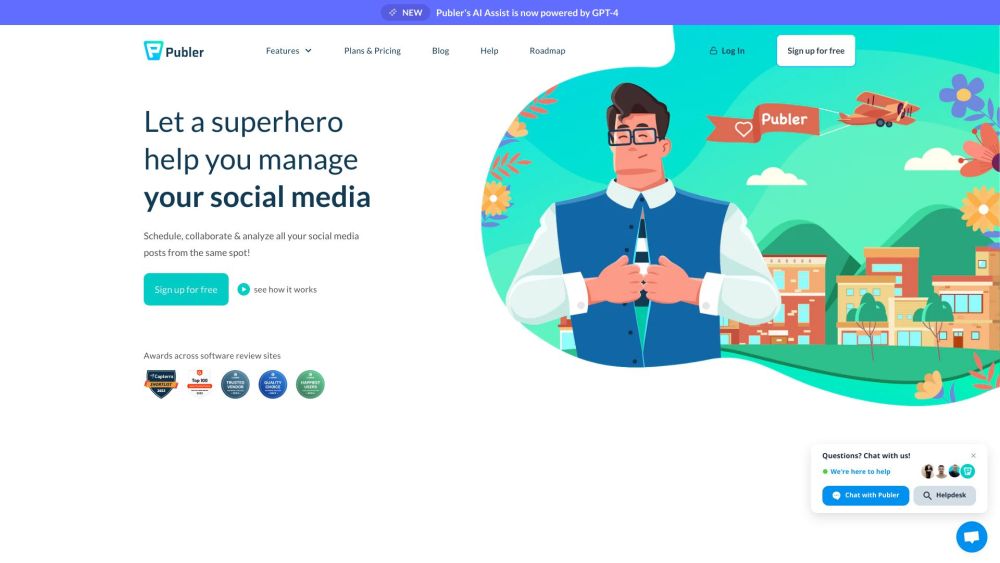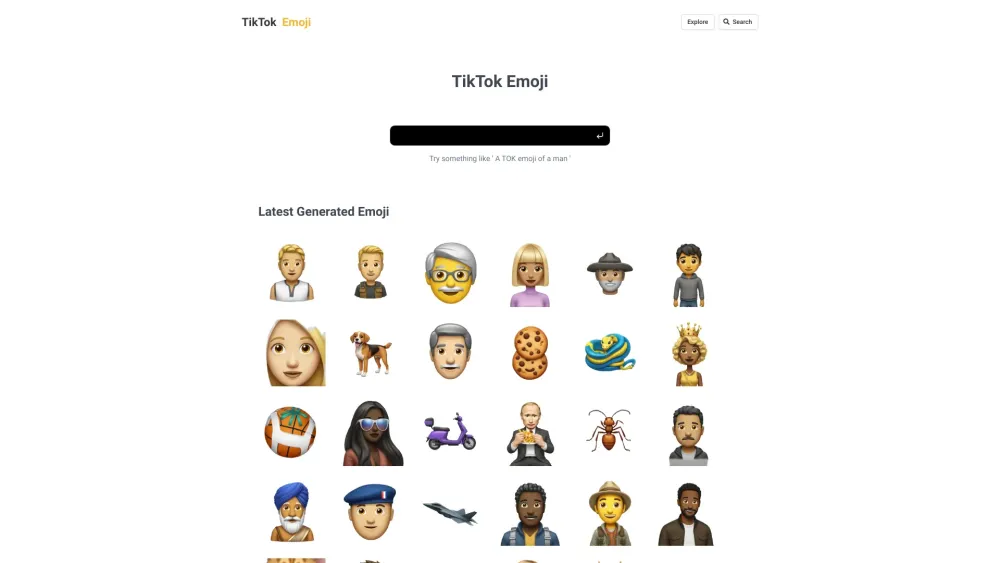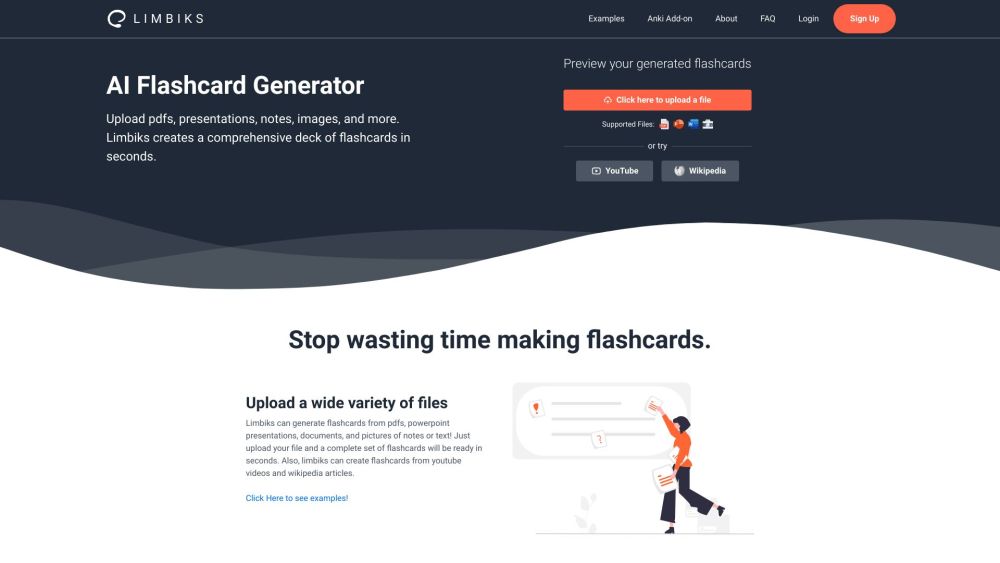From healthcare to customer support, finance to spell-checking, AI is sweeping through every industry like wildfire. However, there’s one area where AI is facing significant backlash—and perhaps for good reason: robots are designed for work, while humans are naturally inclined toward creativity.
Artists are pushing back against AI encroachment. The Coalition for Human Artist Protection (CHAP) has launched the “Real Art Isn’t Artificial” campaign, underscoring that while artists have historically embraced new tools and technologies, today's advancements threaten to eclipse the artistry itself in many fields. Some startups are training AI solely on licensed images, an academic research initiative is combating “art mimicry,” and the recent writers' strike has set a precedent for how AI usage could be negotiated in future work contracts.
Artists across various sectors are joining forces to address AI-related concerns.
While these developments are fascinating, they raise a more profound question: What is art, and why are we so uneasy about machines creating it? This inquiry plunges us straight into the philosophical realm of “what it means to be human.”
Art can take on numerous meanings for different individuals, but the act of creating art is fundamentally a human pursuit. Despite the impressive capabilities of AI, it lacks the emotional depth and intricate tapestry of human experiences necessary for genuine artistic expression. In essence, art processes pain, narrates emotional journeys, and forges connections that otherwise might remain invisible.
Some argue that chatbots could offer reminders to breathe during stressful times, help combat loneliness, or even facilitate self-reflection. Yet, nothing quite compares to sitting with a human who can genuinely empathize—someone who can say, “I understand what you’re going through,” or “that seems frustrating; how does that make you feel?” Knowing that the listener shares a similar emotional landscape makes all the difference.
This isn’t to dismiss the potential of technology as a supportive tool. A chatbot could provide valuable assistance in therapeutic settings, primarily through technique-focused prompts (like the classic therapy question, “And why do you think that is?” which proves helpful). Similarly, artists could leverage technology to brainstorm and visually explore new ideas.
However, one unifying question remains: What does it mean to be human? Art, psychology, theology, and philosophy have grappled with this complex query throughout human history. As AI becomes increasingly lifelike, more individuals are compelled to confront this existential question.
Amidst the continual merging of human and machine, the essence of human creativity underscores our unique abilities. Art is not just an expression—it is a profound reflection of our souls and a celebration of human experience. It is inherently connected to our consciousness, emotions, and lived experiences. While robots and animals exhibit remarkable skills, they lack the cognitive and emotional intricacies essential for creating authentic art.
One key aspect that distinguishes humans from machines is our emotional spectrum and depth. Emotions serve as a powerful source of inspiration for artists. There’s a reason nearly 70% of all music since 1960 revolves around love: the capacity to empathize and experience joy, sorrow, love, or anger enables artists to infuse their work with a richness that resonates profoundly. The remaining musical themes, well, seem to center around baby sharks—go figure!
Beyond emotion, intuition is vital in artistic creation. Artists rely on that instinctive knowing to navigate their creative journeys. This isn’t about logic or mere understanding; art serves as a means to explore the world and resonate with others.
Art exists to inspire change, to rebel, to challenge injustices, and to express the depths of human emotion. Knowing that machines could take on these roles is unsettling—but ultimately, these endeavors are too significant to be entrusted to robots.




